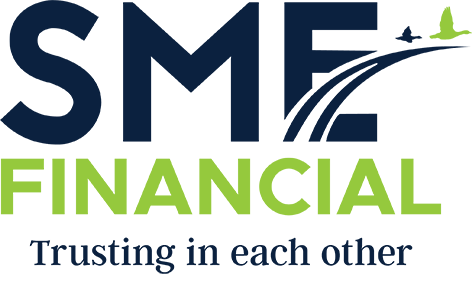Contracting or freelancing requires you to wear a lot of hats. Relationship-building, keeping track of your time, marketing your skills and actually doing the work. But one of your priorities should also be establishing how you handle your money and setting the groundwork for good habits.
Here are key steps to help you manage finances effectively:
Understand your deductions
Before you start, it’s essential to understand what expenses you can and can’t claim.
In New Zealand, business-related expenses, like travel, home office utilities, internet, and even professional training, can often be claimed. However, rules vary, so best talk to a business advisor to know what’s deductible and keep accurate records. The Inland Revenue (IR) also provides specific guidelines for self-employed workers to help with tax deductions that fit your specific industry.
Figuring out what’s what can be a little confusing as everyone has a different working set up and what you can claim for can vary between industries and occupations. Talk to us about your business expenses from the beginning. This will also help you plan for any bigger work-related purchases that you may need to make.
Get a system sorted
You’ll thank yourself later for setting up a good system now. Getting your expenses recorded and your invoices collated means you’ll be able to spend more time doing the important stuff in your business. It’s not just about saving time – keeping on top of your cash means you’re more likely to succeed.
Tools like Xero and MYOB are popular in New Zealand for tracking expenses, time, and invoices. Xero is especially useful for New Zealand contractors as it connects directly with IRD for easy GST submissions, making tax compliance simpler. Automated invoicing, reminders, and cash flow tracking can save time and keep your finances organized.
Do your research and choose a system that will work for you. Consider choosing a software platform which allows you to record your time spent on projects. That will make sending those invoices that much easier!
Stash that cash
When you’re running your own business or working for yourself, it’s important to always keep your tax obligations top of mind. For self-employed Kiwis, it’s vital to save for taxes in advance. Since tax payments aren’t deducted automatically, put aside 20-30% of each payment in a separate account to cover GST, provisional taxes, and ACC levies. The IR’s voluntary provisional tax payments can help reduce the year-end tax burden and offer more predictability.
Another way to budget and keep on top of your business tax is to pay yourself a wage. Keeping your accounts separate also prevents you from thinking of all your business income as spending cash! Remember to also put aside a little extra to cover your holidays and any quiet periods.
Consider Long-term Planning
Something else you’ll want to think about is talking to your accountant or business advisor about your KiwiSaver contributions. They can help you setup a tax-efficient retirement plan. In New Zealand, independent contractors can still contribute to KiwiSaver for retirement and may find it beneficial for long-term savings. Your advisor can also guide you on handling income from multiple sources if you freelance for international clients, ensuring compliance with local tax obligations.
Let’s get you started
We can help make this process easier, so talk to us about setting up systems that take the headaches out of your finances.







No comment yet, add your voice below!